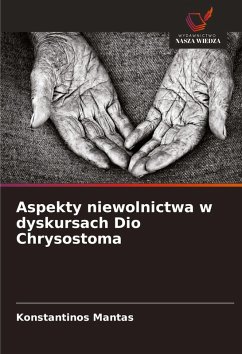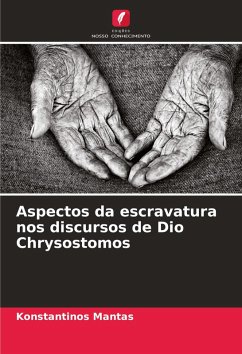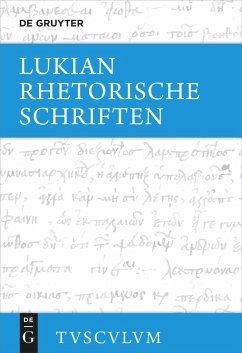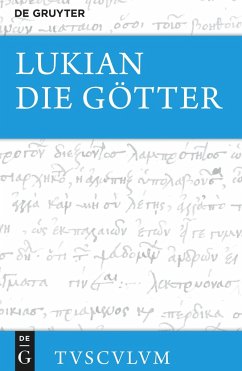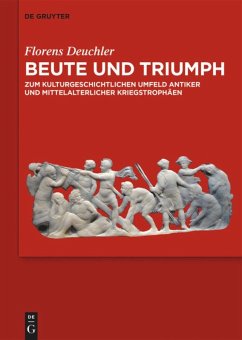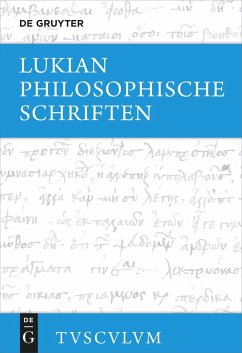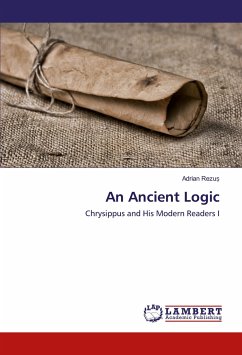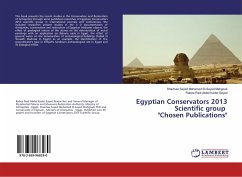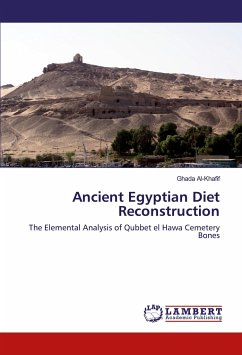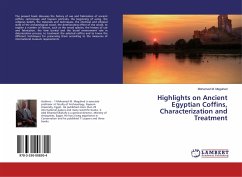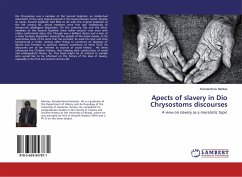
Apects of slavery in Dio Chrysostoms discourses
A view on slavery as a moralistic topic
Versandkostenfrei!
Versandfertig in 6-10 Tagen
16,99 €
inkl. MwSt.

PAYBACK Punkte
8 °P sammeln!
Dio Chrysostom was a member of the Second Sophistic, an intellectual movement of the early imperial period in the Graeco-Roman world. Despite its name, Second Sophistic had little to do with the original Sophistic of the 5th century BC. whose members were first rate intellectuals of democratic ideological disposition. On the contrary, Dio and the other members of the Second Sophistic were rather second -rate ones with rather conformistic ideas. Dio. Though was a brilliant rhetor and a man of a more humane disposition towards the people of the lower-classes. In his voluminous body of his work t...
Dio Chrysostom was a member of the Second Sophistic, an intellectual movement of the early imperial period in the Graeco-Roman world. Despite its name, Second Sophistic had little to do with the original Sophistic of the 5th century BC. whose members were first rate intellectuals of democratic ideological disposition. On the contrary, Dio and the other members of the Second Sophistic were rather second -rate ones with rather conformistic ideas. Dio. Though was a brilliant rhetor and a man of a more humane disposition towards the people of the lower-classes. In his voluminous body of his work that has survived, he used his cynic and stoic background in order, among other things to construct an ideology of slavery and freedom as spiritual, esoteric conditions of mind. Thus, his discourses are of less interest as sources of social history . His views influenced the Christian Fathers, thus helping their construction of social and philosophical theory. So. This book might be of interest to people who would like to be informed on the history of the idea of slavery, especially in the first and second century AD.



